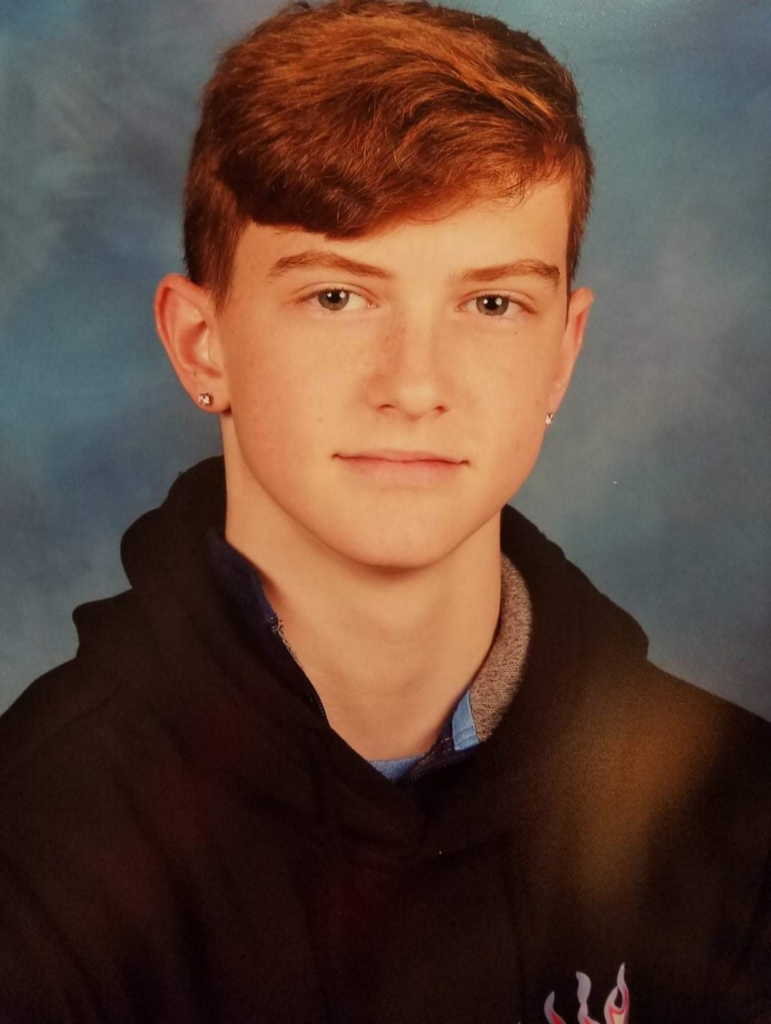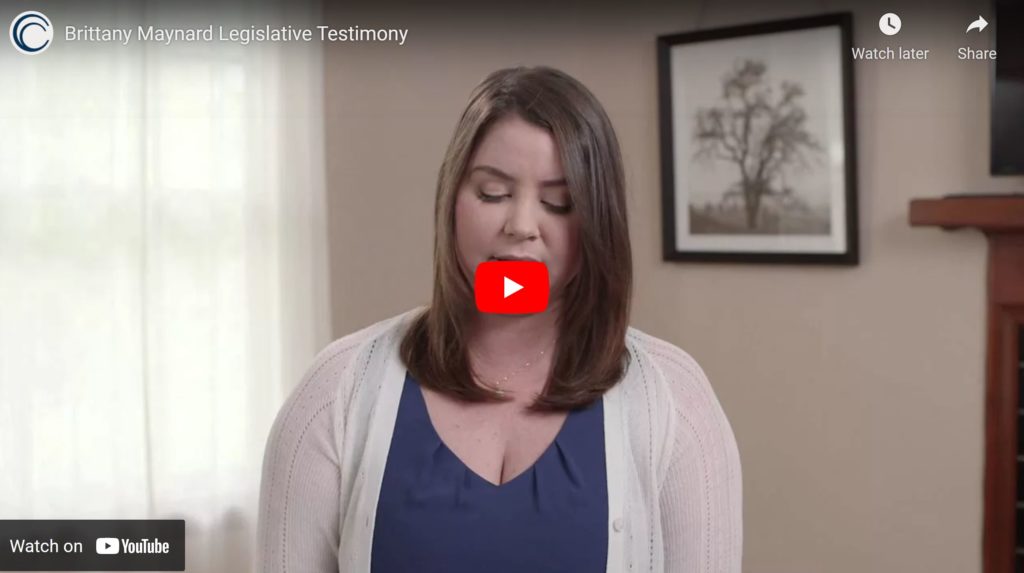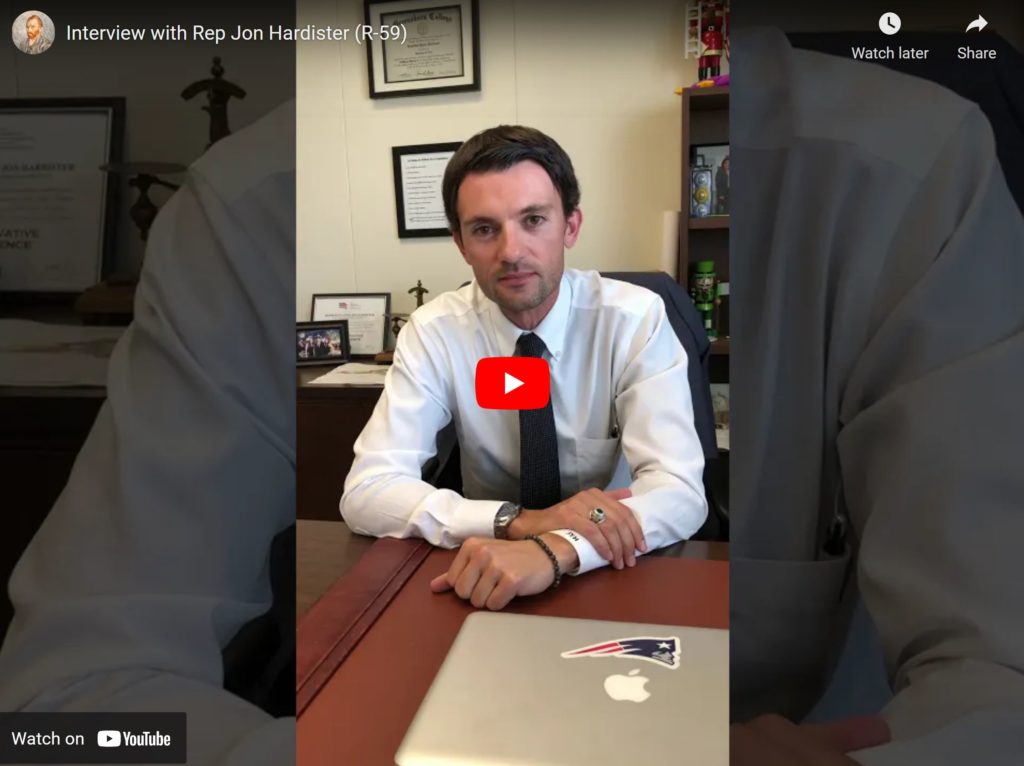
No parent expects to have a child’s death precede their own. And no matter how it happens, it will always be a devastating loss to see one’s own progeny die before their time. But in my son Cameron’s case, his death was particularly painful for me and my wife because for hours we watched him struggle to breathe, and the medical professionals, as well intentioned as they were, did nothing to intervene and stop his suffering. Our last memories of Cameron were of the little boy we nurtured and loved struggling to breathe, the color slowly draining from his skin. Saw tubes forced into his lungs to suck out liquid which caused an unnerving “percolating” sound with every labored breath. Every strangled breath drove knives through our hearts as we watched helplessly for three and a half hours.
My son got involved in drugs early, 12 or 13 years old. Once we were aware, for three long years, we threw everything we had at the problem: therapy, medications, hospitalizations, punishments, incentives. Nothing truly helped. But, in August 2020 we thought the worst was behind us when our son purchased his last, fatal doses of Xanax from a street dealer. After a harrowing day, and after thinking we had found the drugs and flushed them all, he went to a friend’s house for the night. At 4:37 AM the next morning we got the call. He had overdosed and had gone into cardiac arrest. His heart was started, and he was transported to the Hospital, but he never regained consciousness.
At first, we thought he would wake up, maybe end up in a mental hospital until they determined this was not a suicide attempt. But by the end of the first day we realized our boy was gone forever. This was confirmed the next day by MRI which showed “severe damage” due to Hypoxic-ischemic encephalopathy. We were told he would never recover who he was, and that even in the unlikely event of some recovery would be no more than a beating heart and functioning organs in a permanent vegetative state. For us as parents, loving our son and knowing what he wanted out of life, being attached to machinery for literally decades on end, with no hope of recovery, would have been an insult, a rejection of everything he wanted.
We made our intentions very clear at that moment, we would remove our son from the ventilator. It was decided to do it the next day in order that we have time to go home to prepare our other son, Cameron’s brother. It was an excruciating decision, but the right one. Little did we know that the actual act was not going to be a peaceful process.
Overnight, Cameron had started breathing over the ventilator. Even knowing our decision, the hospital staff did not call us. Even knowing this meant his death would be prolonged, we were not informed. And so, when he was taken off the ventilator, the shock and agony of hearing his croaking, labored breaths for three and a half hours were almost too much to bear. Every breath percolated with liquid. We watched them force a tube into his precious lungs to suction the liquid over and over, heard his breaths slowdown in minuscule intervals, held our breath each time a longer period went between his breaths, wondering “is this it?”, only to have him take another great, sucking breath moments later. We begged God to take our child, to end this excruciating torture we, and he, were enduring. Imagine begging God to take your child! For three and half hours we, and he, were in Hell. And every time a memory of those last hours surfaces, we are right back in Hell, again.
My wife and I cried endlessly watching my brave son in his horrid end of life. Surely all these doctors could have abbreviated the suffering, which everyone knew would end in his death. Did he have to suffer for hours on end to no avail? Would not the least act of kindness, of medical ethical responsibility, been simply to accelerate the end by sedating him so at least his end would be peaceful? True, there was some sedation, but clearly there could have been a more humane approach to end his suffering sooner. Three and a half hours is an eternity when watching your child struggle and die.
We have had time to think of all the things that went wrong with Cameron’s death. For us, he died already when he suffered his overdose and the damage to his brain was so severe that he would never be the boy we so lovingly raised. The rest was simply torture for everyone involved.
One thing we have learned from the horrors of our son’s death is that society, and especially the medical profession, are simply not prepared to smooth the path of death when it becomes something both imminent and desired. There is an ingrained instinct to arrest the dying process even when it would be a relief and a much-desired end. Surely the Hippocratic Oath did not intend to prolong anyone’s suffering. When doctors tell them their child will never recover, parents should be able to make the decision to end their child’s suffering as peacefully as humanly possible, which includes the mercy of being expeditious.



